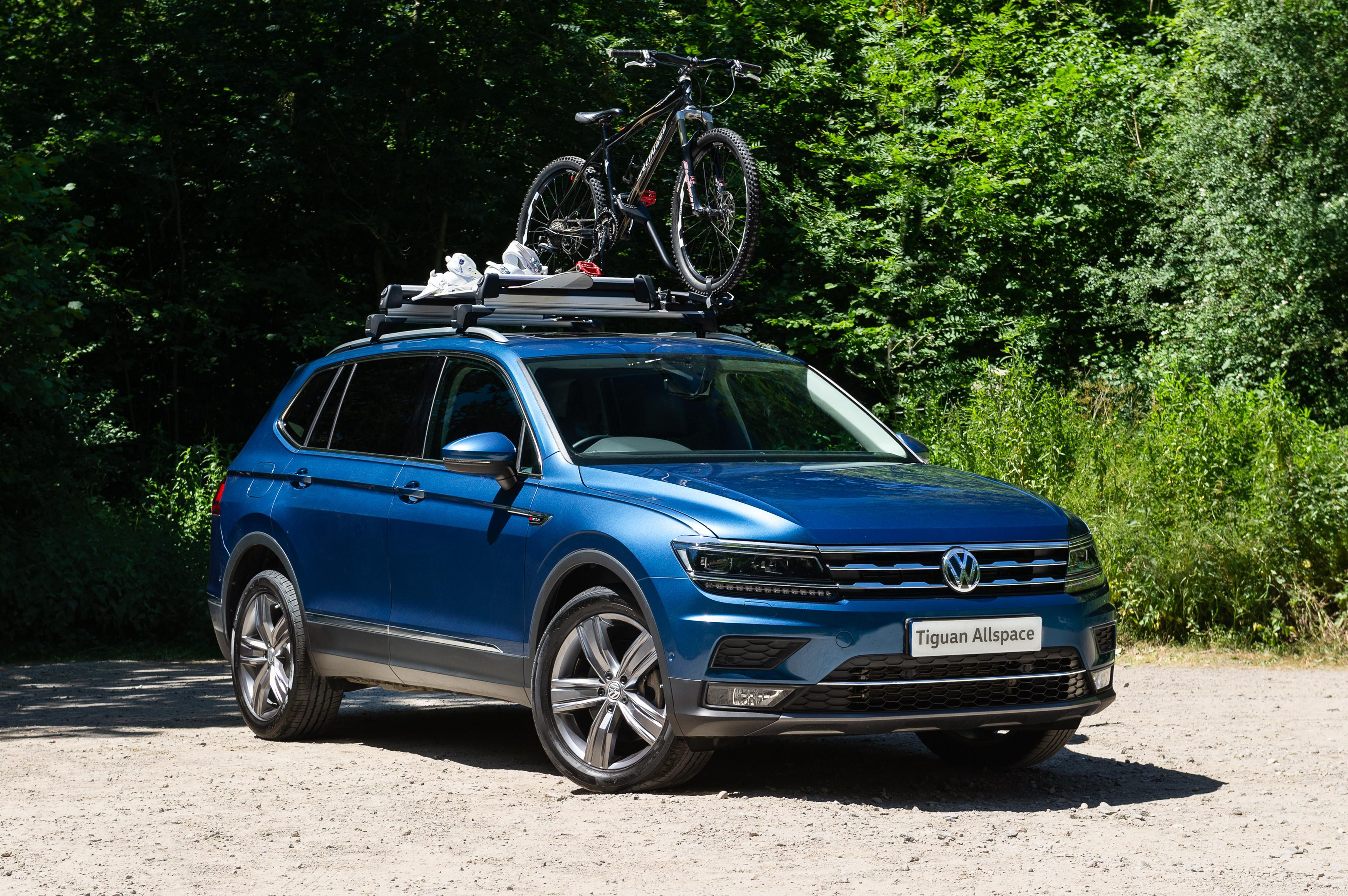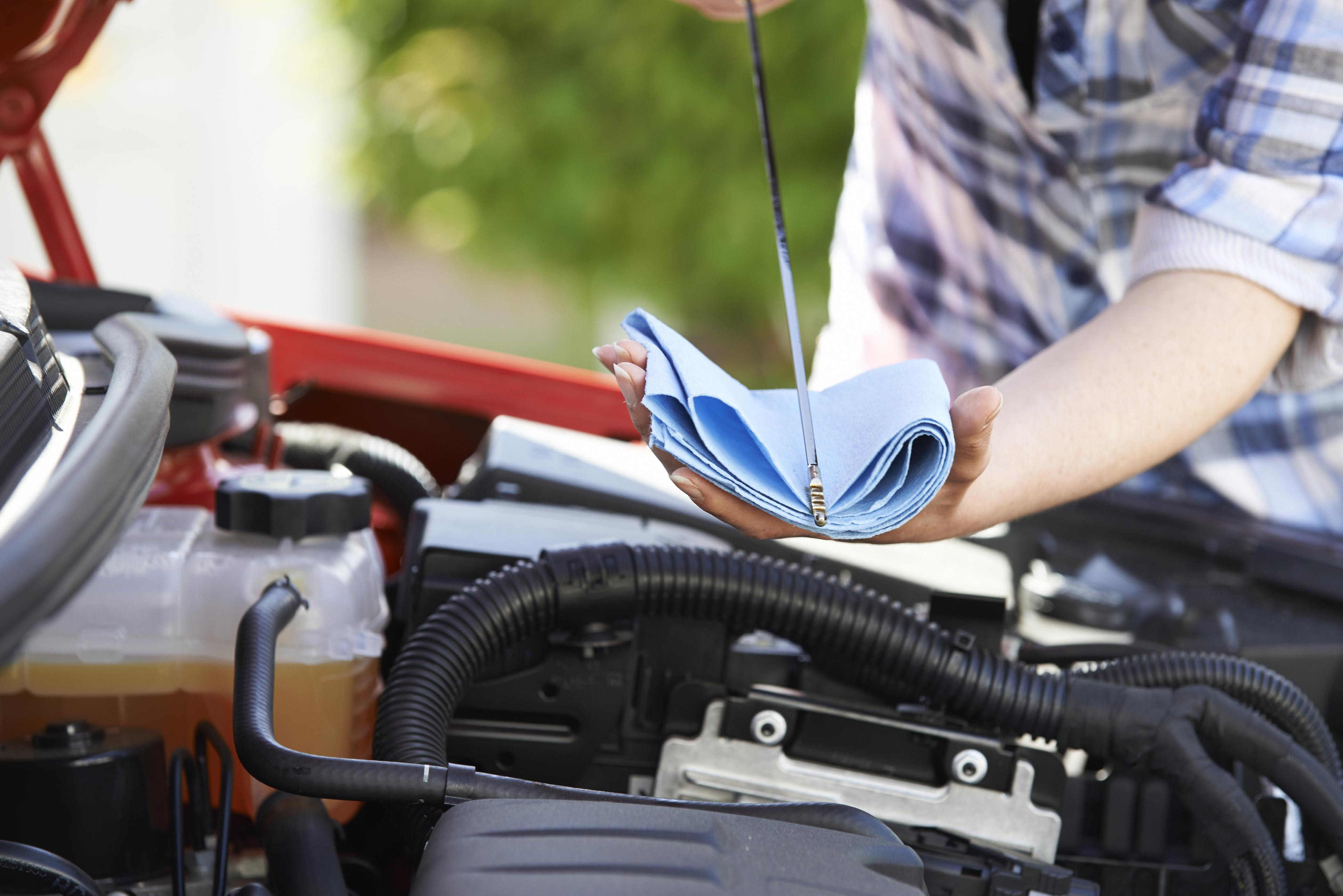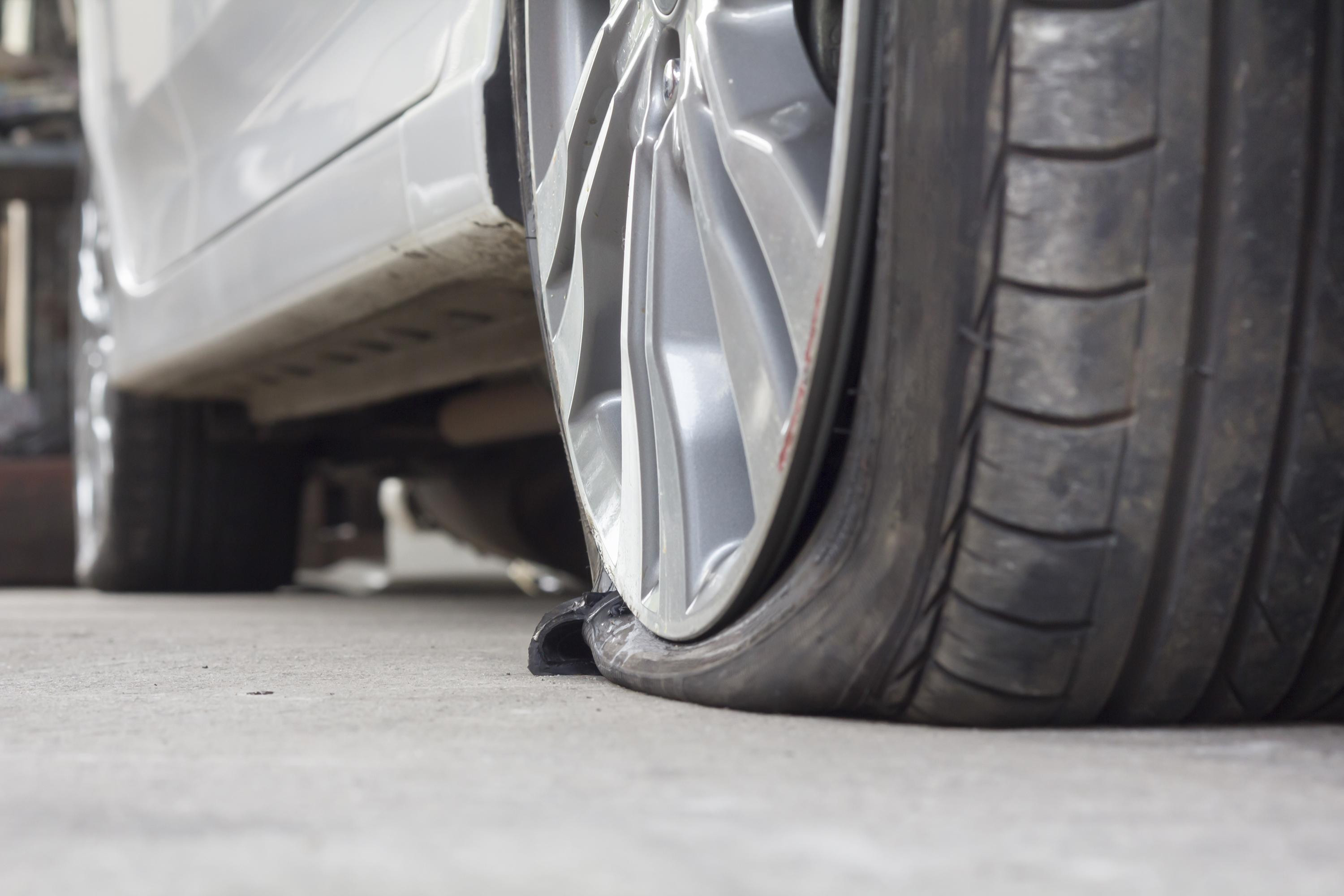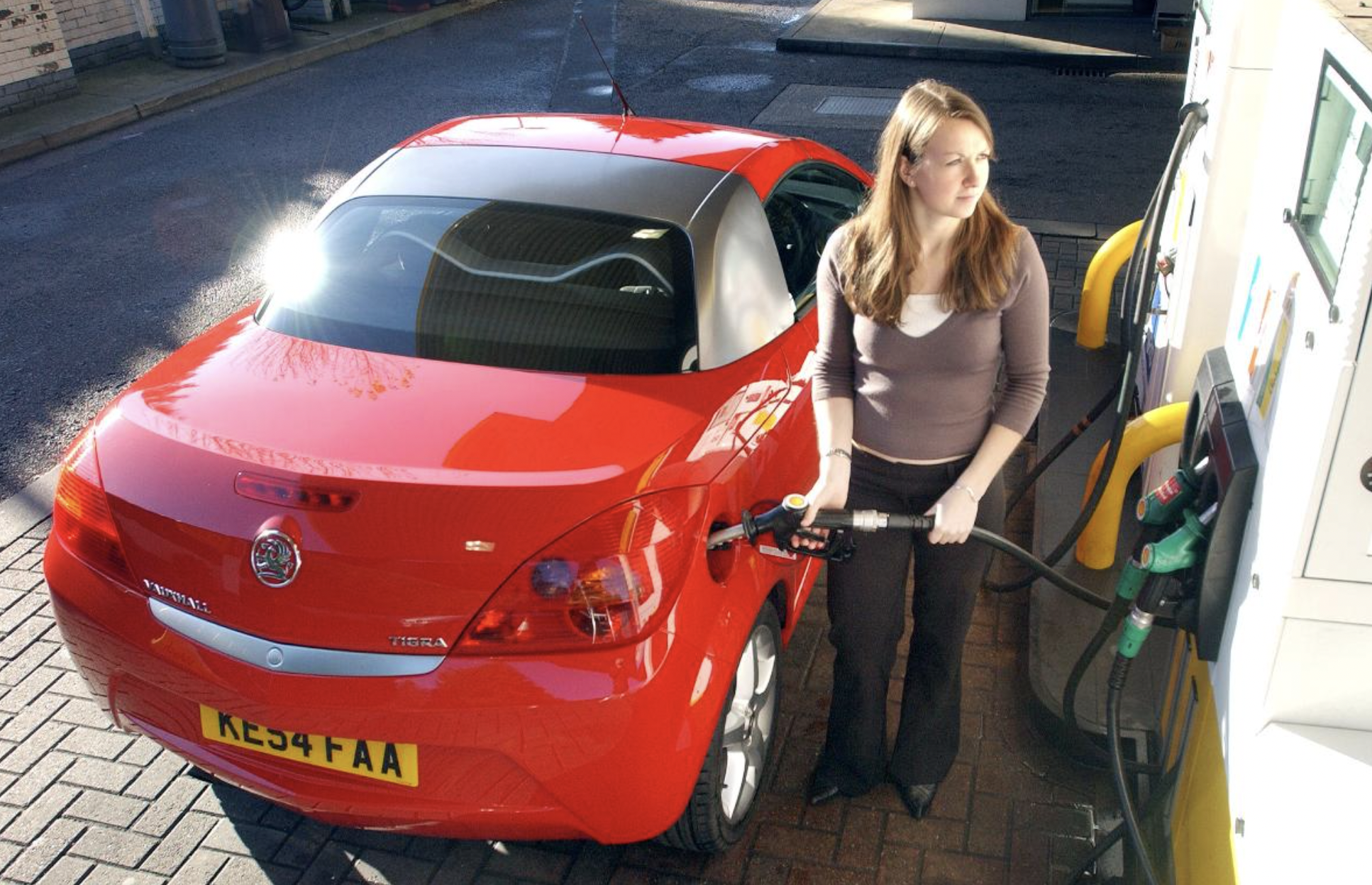How to make sure your summer road trip as hassle-free as can be

The summer can be a great time for adventure. Packing the car up and heading out to the open road is immensely appealing while being under your own steam means you’re free to take a detour or stop over at somewhere that takes your fancy.
But if you are planning on heading out this summer in the car - and particularly if you’ve got a family in tow - then you might want to do some pre-flight checks to ensure that everything runs as smoothly as can be. Let’s take a look at some of the best areas to look over before your four-wheeled adventure.
Fluids and levels

Your car isn’t at its best without its fluid levels being spot-on, so this is a great place to start. With the engine oil, use the dipstick (usually highlighted with a yellow handle) to see how much oil is left and top it up if it’s low using an appropriate oil for your car. This will ensure that your car is running as smoothly as possible. You’ll want to do the same for the coolant, too, as without enough coolant your car can quickly overheat - particularly if you’re queueing in summer holiday traffic.
While you’re under the bonnet, top up the windscreen washer fluid to make sure you can effectively clear the screen. If you have any concerns or don’t feel comfortable with any of these aspects, then speak to a professional to help you out.
Tyres

Tyres are vitally important. They’re the only point of contact between the car and the road, after all, so ensuring that they’re all good to go is crucial. Firstly, give them a visual inspection. Are there any bulges, tears or gashes in the sidewall? If so, they might need replacing to avoid a blowout when you’re on the move.
Check the treads, too. The UK minimum tread depth is 1.6mm and you can check this by either using a dedicated gauge or by inserting a 20p coin into the grooves - if the outer band is obscured, then they’re within the limit. If you can see that band, then they definitely need swapping out. Check the pressures as well and inflate them to the recommended levels - usually found in the vehicle handbook, behind the fuel filler door or inside the gap between the doors - so that they’re rolling as efficiently as possible. Under-inflated tyres don’t just offer worse braking performance, but they also hamper fuel economy, making your trip more expensive in the process.
Fuel

It’s an easy one to overlook, but fuel is, of course, very important. While it might be tempting to wait to fill up until you’re out on the road, this can add extra stress to your day. It might be worth filling up the night before you leave to ensure that you’ve got a nice full tank to depend on the following day.
Remember that running out of fuel can be potentially dangerous while breaking down due to no fuel can land you with points and a fine if you’re left obstructing traffic.
Air conditioning
Air conditioning is something drivers rely upon during the warmer months and it’s during these times that the system is put under the most strain. However, if it feels like your air conditioning system isn’t blowing as cooly as you’d expect it to, it might need servicing or topping up with refrigerant - something known as a ‘re-gas’.
Fortunately, this is a relatively inexpensive process to get sorted but one well worth figuring out before you head out on a big trip.
Roof boxes and bike racks

If you’re travelling with a family - or heading out on a more adventurous holiday - then there’s a good chance that you’ll have roof boxes or bike racks affixed to your car. These are great ways of boosting the storage of your car, but they’re also something which requires close checking-over to ensure that they are properly attached.
Always follow the manufacturer's instructions when it comes to the installation and make sure that all straps are attached securely and tightly. If you’re using a rear-mounted bike rack, then check that it isn’t obscuring the rear number plate as, if it is, this is another factor which could land you in hot water with both fines and penalty points a possibility.
Load weights
It can be tempting to use every nook and cranny of a vehicle for storage, but you do need to bear in mind the car’s overall load weight. In fact, if you’re caught with an overloaded vehicle you could face a fine of up to £300 - so it’s something which is really worth checking.
An overloaded car can change the handling characteristics of the vehicle, too, blunting steering response and lowering the effectiveness of the brakes. You’ll be able to tell if your car is overloaded by looking at the suspension - is it considerably lower than normal and nearing the wheels? If so, you might want to re-pack and leave something at home for next time.


















